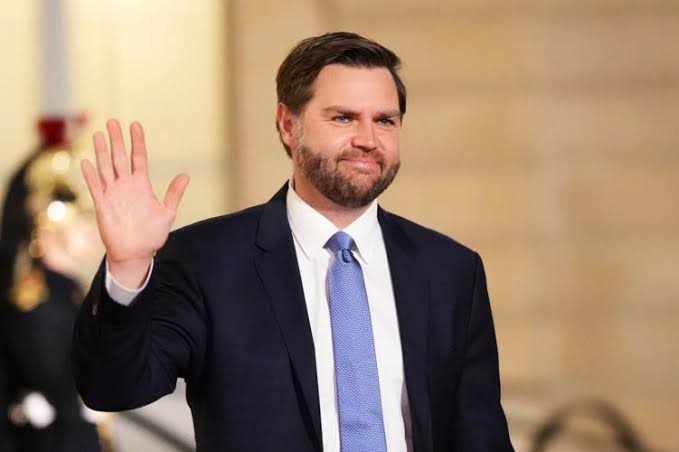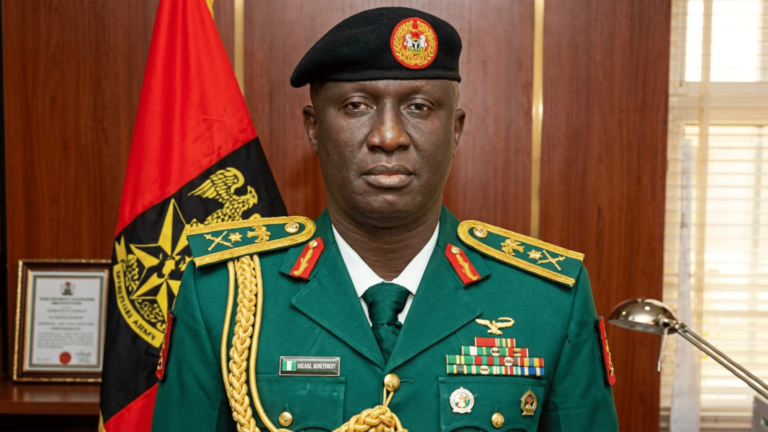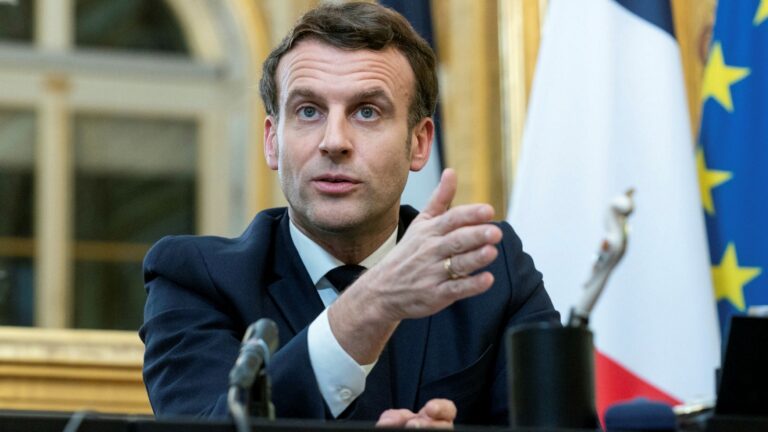
U.S. Vice President JD Vance cautioned global leaders and technology executives on Tuesday that “excessive regulation” could hinder the burgeoning artificial intelligence sector, responding to European initiatives aimed at mitigating AI-related risks.
His remarks highlighted a growing divide among three major players in the AI landscape.
The United States, during President Donald Trump’s administration, has advocated for a laissez-faire approach to stimulate innovation, while Europe is implementing stringent regulations to prioritize safety and accountability. In contrast, China is aggressively advancing its AI capabilities through state-supported technology firms, competing for leadership in the global arena.
Notably, the U.S. did not participate in a joint statement endorsed by over 60 countries, which committed to “promote AI accessibility to bridge digital divides” and “ensure AI is open, inclusive, transparent, ethical, safe, secure, and trustworthy.”
The agreement also emphasized the importance of “making AI sustainable for people and the planet” and safeguarding “human rights, gender equality, linguistic diversity, consumer protection, and intellectual property rights.”
In an unexpected turn, China—often criticized for its human rights practices—endorsed the declaration, positioning the U.S. as the outlier.
At the summit, Vance delivered his first significant policy address since assuming the vice presidency last month, characterizing artificial intelligence as a pivotal economic milestone while warning that “we are currently on the brink of a new industrial revolution, comparable to the advent of the steam engine.”
“However, this potential will not be realized if excessive regulation discourages innovators from taking the necessary risks to drive progress,” Vance emphasized.
The 40-year-old vice president is utilizing the AI summit and an upcoming security conference in Munich to showcase Trump’s assertive approach to diplomacy.
Vance stated that the Trump administration would “ensure that AI systems developed in America remain free from ideological bias” and affirmed that the U.S. would “never impose restrictions on our citizens’ right to free speech.”
He also criticized foreign governments for “tightening the screws” on American technology companies, describing such actions as concerning. His comments highlighted the increasing rift between Washington and its European partners regarding AI regulation.
European Commission President Ursula von der Leyen remarked that “AI must earn the trust of the public and must be safe,” outlining EU guidelines aimed at standardizing the bloc’s AI Act while recognizing the challenges posed by regulatory burdens.
“At the same time, I understand the need to simplify processes and reduce red tape, and we will do so,” she concluded.
She also revealed that the “InvestAI” initiative has successfully amassed €200 billion in AI investments throughout Europe, which includes €20 billion specifically allocated for AI gigafactories.
The summit highlighted the contrasting global strategies regarding AI: Europe is advocating for regulation and investment, China is advancing its AI capabilities through state-supported enterprises, and the U.S. is reinforcing its commitment to a deregulated, free-market model.
French President Emmanuel Macron characterized Europe as a “third way” in the AI competition, seeking to reduce reliance on dominant powers such as the U.S. and China.
“We aim for equitable and open access to these innovations for everyone on the planet,” he stated in his concluding remarks, emphasizing the necessity for global regulations in the AI sector to foster public trust and calling for enhanced “international governance.”
Macron also celebrated the newly announced investments in France and across Europe, highlighting the continent’s aspirations in the AI domain. “We are in the race,” he affirmed.
Chinese Vice Premier Zhang Guoqing, representing Xi Jinping, reiterated Beijing’s commitment to influencing global AI standards.
Vance, a prominent critic of European content moderation policies, has proposed that the U.S. should reassess its NATO obligations if European governments impose restrictions on Elon Musk’s social media platform, X. His visit to Paris was also anticipated to involve frank discussions regarding Ukraine, the role of AI in shifting global power dynamics, and U.S.-China relations.
Concerns regarding the potential risks of AI were prevalent throughout the summit, especially as countries struggle with how to regulate a technology that is becoming increasingly integrated with defense and military operations.
“I believe that eventually we will need to establish methods to control AI, or we risk losing control over everything,” stated Admiral Pierre Vandier, NATO’s commander responsible for overseeing the alliance’s modernization initiatives.
In addition to diplomatic challenges, a new global public-private partnership named “Current AI” is being launched to support large-scale AI projects aimed at benefiting the public.
In Beijing, officials on Monday condemned Western efforts to restrict access to AI tools, while Chinese company DeepSeek’s new AI chatbot has prompted calls in the U.S. Congress to limit its use over security concerns. China promotes open-source AI, arguing that accessibility will ensure global AI benefits.
French organizers hope the summit will boost investment in Europe’s AI sector, positioning the region as a credible contender in an industry shaped by U.S.-China competition.
French President Emmanuel Macron, addressing the energy demands of AI, contrasted France’s nuclear-powered approach with the U.S.‘s reliance on fossil fuels, quipping: France won’t “drill, baby, drill,” but “plug, baby, plug.”
Vance’s diplomatic tour will continue in Germany, where he will attend the Munich Security Conference and press European allies to increase commitments to NATO and Ukraine. He may also meet with Ukrainian President Volodymyr Zelenskyy.
Vance will discuss Ukraine and the Middle East over a working lunch with Macron.
Like Trump, he has questioned U.S. aid to Kyiv and the broader Western strategy toward Russia. Trump has pledged to end the war in Ukraine within six months of taking office.
Vance is also set to meet separately with Indian Prime Minister Narendra Modi and European Commission President Ursula von der Leyen.



